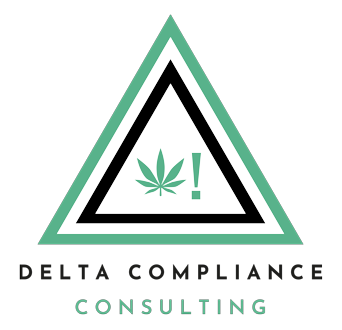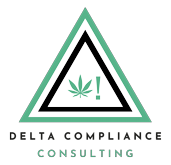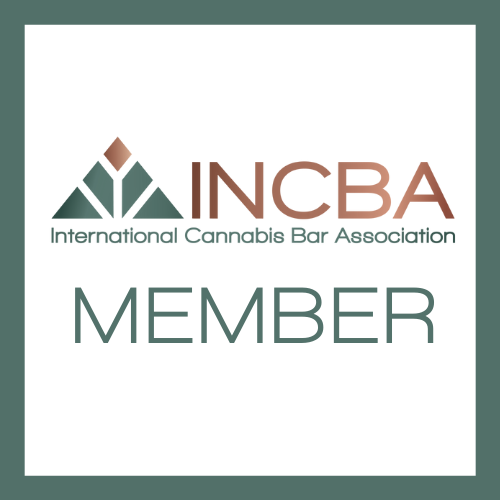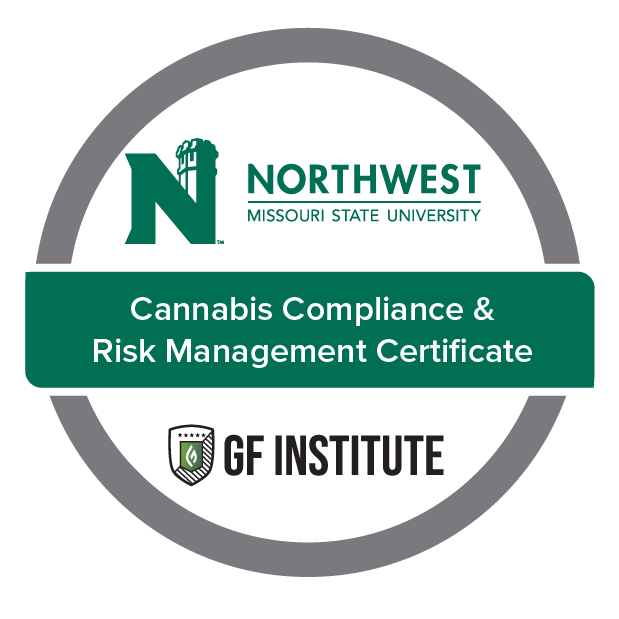On January 7, 2022 an incident occured at the facility of a MSO (Multistate Operator) in Massachusetts where an employee died from inhalation of ground cannabis dust. OSHA recently published the findings from their June, 30, 2022 investigation report. To protect the privacy of the injured employee, few details on the incident itself have been shared with the public; leaving industry stakeholders with ambiguity on how best to protect employees from similar incidents.
Before looking at potential corrective actions, let’s first identify potential implications of what we do know.
- The employee complained about not being able to breathe while filling her duties grinding cannabis flower and packaging pre-rolls. It is never acceptable to disregard employee concerns for safety; and OSHA increases the penalty severity for operators practice willful neglect. The fines listed in the investigation report are largely for violations of the Hazard Communication Program. I would not be surprised to see additional fines; specifically targeting the willful neglect of management to address a known, and documented hazard.
- Though PPE (Personal Protection Equipment) was available at the facility, OSHA cited the company as being in violation of 1910.1200 – Hazard Communication. The OSHA Hazard Communication rule clearly specifies how employers must communicate workplace hazards via training, signage, SDS’s, etc. Potential reasons for the citation could be lack of training on how to:
- Properly donn and doff respirators.
- Store PPE.
- Clean and replace respirators.
- OSHA has levied fines totaling $35,219. This is the current tally on citations and fines. I would anticipate additional citations and penalties as the investigation continues. It is not uncommon for investigations of significant incidents to last well into a year post incident.
- In March of 2022, the MSO Pennsylvania facility was cited by OSHA for failing to report workplace incidents. A Florida facility, this same MSO was cited for violating, 1910.134 – Respiratory Protection in 2019. When companies habitually violate commonwealth laws, regulators tend to look for better ways to grab your attention. In serious situations, such as a fatality, criminal charges are not out of the realm of possibility.
How can you be sure you’re protecting your employees’ safety and operational risks? Knowing where to find the information is half the battle. So as a courtesy, we’ve linked corresponding OSHA regulations throughout the article for your reference and internal review. If you would like a detailed assessment of your safety program, schedule a FREE Consultation with the experts at Delta Compliance today!







